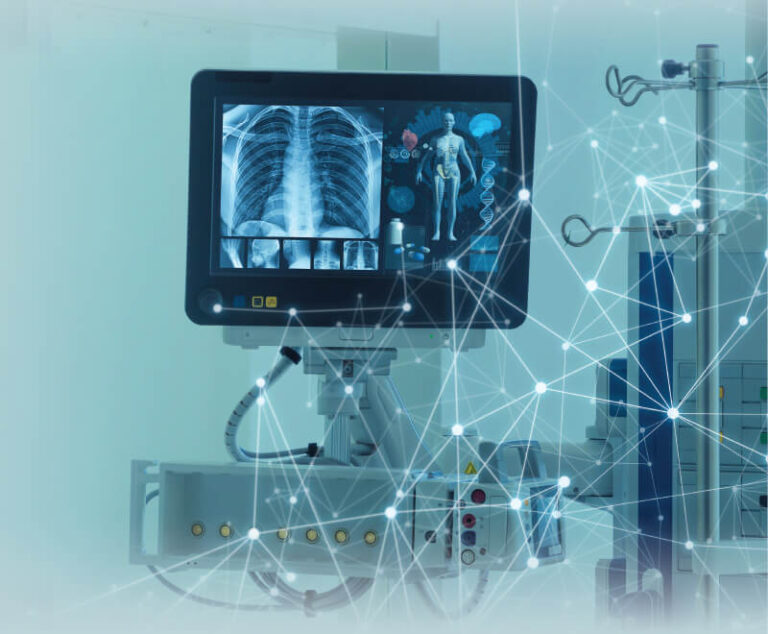Operations & Management
Supply Chain, Service & Staffing
How CMS reimbursement rules directly impact community hospitals and what payers are doing in response.
Healthcare data breaches are going to increase, but applying best practices can certainly reduce the most common, controllable types of breaches.
The final version of the Opioid Crisis Response Act (H.R. 6) has been signed into law to address the nationwide opioid crisis by expanding and creating programs for prevention, treatment and recovery.
Realizing that a shortage of physicians is on the horizon, academic medicine is making diligent efforts to identify its causes and make changes to reverse course.
The proposed 2019 Outpatient Prospective Payment System rules have been published in the Federal Register and will take effect on Jan. 1, 2019.
Touted as the future of medicine, AI also has many ethical unknowns that will require discussion apace with progress.
Amid growing recognition that physical, mental and social challenges are interrelated, the collaborative care model is experiencing renewed interest. The good news is new global payment options and electronic health record technology are making this innovative practice model an achievable goal.
Medication payment rules are changing. Here's an review of important terms and an update on proposed and enacted rule changes.
The time-intensive and costly job of storing and inventorying medicines is eased with smart technology systems.
Healthcare costs continues to rise, but practitioners can help by meeting the reimbursement requirements for Part B drugs in outpatient settings.
Updated HIPAA rules require healthcare organizations stay vigilant keeping patient data safe from threats in this ever-changing digital age.
As healthcare providers become increasingly overwhelmed by workplace demand, interventions and treatments are needed at the individual and organizational level.











